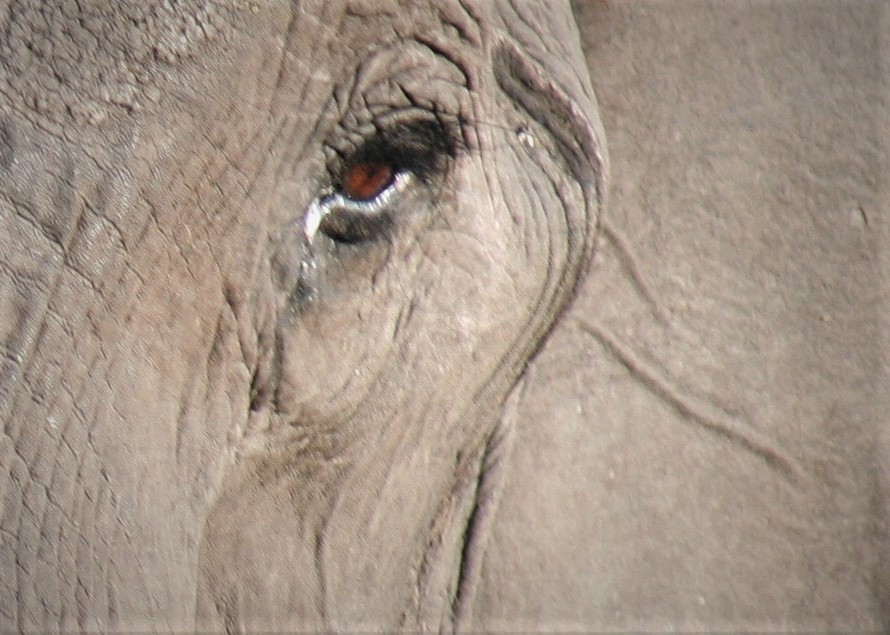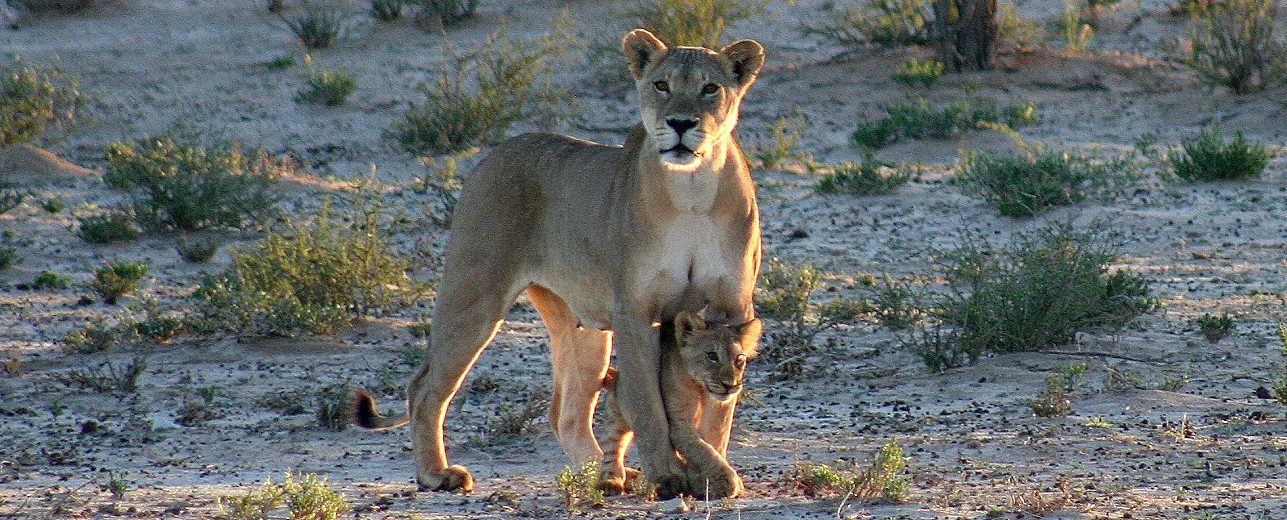The moratorium on elephant hunting was lifted as a result of a consultative process with Batswana. Nevertheless, one has to wonder if those consulted were aware of, and thought through, the consequences to Brand Botswana and the tourism industry.

Firstly, did the Batswana who were consulted realise that trophy hunting is a dying (excuse the pun) industry? There is less and less appetite for it around the world. As with the last days of the slave trade, there is an increasing aversion to anything associated with trophy hunting. (That’s why stories like Cecil and this elephant hunting one go viral.)
Did Batswana realise that photo tourism is a rapidly growing industry? One in ten people worldwide are employed by non-consumptive tourism.
We know that the reinstatement of hunting is a public relations nightmare for Botswana’s photographic tourism industry. I’ve heard figures of 15% declines off current levels being bandied about. I’m sure the statisticians will come with figures in the next few years but that may be too late to change perceptions. Botswana will not be able to quantify what it has lost on the growth side though.
Pulling a few simple figures is illuminating. The World Travel and Tourism Council estimates Botswana’s tourism industry in 2018 at $2,5 billion. A 15% loss amounts to $375 million per annum.
Of the 60 elephants recently auctioned $2.35million was raised bringing in an average of $40K per animal. If Botswana auctions (and manages to sell) all 272 elephants that it proposes to do so this year, the country will earn $11million.
So, in effect, there is a nett loss to the country of $364 million.
It’s worth repeating that the negative impact on tourism development may never be known.
So if you were a betting Motswana, and a businessman, on which of the two horses above would you put your money?
The country has established itself as a conservation leader – a well-deserved accolade. With the Zeitgeist being anti-trophy hunting it’s a Sisyphean task to promote the country as a destination of choice to tourists, investors and donors. Consistency and empathy are important motivators to all those people.
“Yes, but,” I hear you thinking, “what about Nambia, Zambia, Zimbabwe, Tanzania, safari destinations that have trophy hunting?” The word I’m receiving is that more and more hunting concessions are being converted to photo tourism in those countries. Also, and most importantly, Botswana had differentiated itself from the pack by putting a temporary moratorium on hunting. Anyone in the marketing game will tell you that standing out from your competitors is a key ingredient to success.
So if trophy hunting doesn’t make business sense and negatively impacts on Brand Botswana what is the other reason Batswana called for it to be reinstated? I believe that human-wildlife conflict was the chief motivator.
Human-wildlife conflict is a highly charged and emotive subject that has many tragic examples, and so it is easy to understand why Batswana thought the reinstatement of trophy hunting would solve their problems. A live, menacing elephant converted to a dead elephant is perceived as a quick and easy solution.
However, as Neil Fitt, former chief executive of the Kalahari Conservation Society, told the Evening Standard recently : “Hunting elephants may not be a standard tool of sustainable use of natural resources, or the best method of alleviating the problem of human-wildlife conflict.”
Have other methods of alleviating human-wildlife conflict been fully explored and tried? Surely it makes more sense to try the best methods first?
I’m convinced that when Batswana called for the lifting of the elephant hunting ban they didn’t realise that the world has changed and that Botswana’s position in it had also radically changed.
Be that as it may, I see a way forward.
If, after this ‘experiment’ of reinstating elephant hunting, the Botswana Government decides to put its weight behind other methods of reducing human-wildlife conflict and bans hunting permanently, it would claim all the kudos of ratifying into law the temporary moratorium of previous administrations; it would restore Botswana’s position on the conservation perception index, which would in turn encourage more investment, tourism, donations and loans to the country.
I think this is a likely outcome.

Thanks for a very candid response to the hunting reinstatement issue. Hope it works to save the future of elephants.